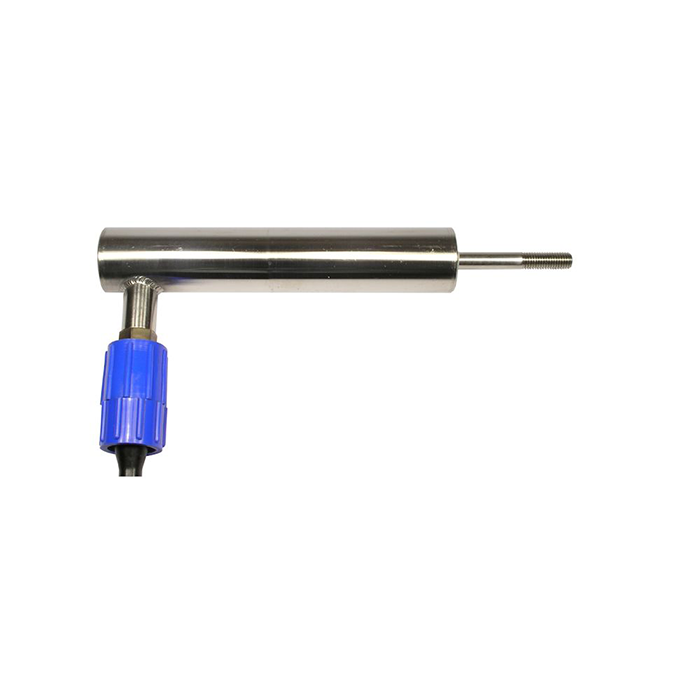- Description
- Additional Information
- Documents
SSD Seawater Submersible LVDT Displacement Transducer
These transducers are used for displacement/position measurement. They perform precise position measurement of the movement of the armature (the sliding part) relative to the body of the transducer.
This transducer uses the LVDT (Linear Variable Differential Transformer) principle, which means it's arguably the most robust and reliable position sensor type on the market. The strength of the LVDT sensor principle lies in the absence of electrical contact across the position sensing element of the displacement transducer, providing the sensor user with clean data, infinite resolution, and a very long service life.
Our DC/DC LVDT transducer offers all the advantages of the LVDT sensor principle with the added convenience of integrated LVDT electronics, allowing for DC power supply and DC output. As an option, we can offer a 4-20mA 2-wire connection to the transducer on some models.
Our submersible displacement transducers are designed to perform measurements while immersed in suitable fluids. Non-magnetic fluids can flood the anchor tube without affecting the transducer's operation.
The SS Series LVDTs are specifically designed for use in seawater and severe industrial environments with some corrosive chemicals. These LVDTs are made of welded 316 stainless steel, have a through-hole design, and a very heavy-duty construction. Therefore, the SS Series LVDTs are capable of withstanding the most demanding industrial applications, as well as 10 years of submersion in seawater at depths of up to 2.3 km.
Additional information about the product SSD Seawater Submersible LVDT Displacement Transducer
supplier: RDP Electronics Ltd
| Transducer environment | wet, submersible, suitable for seawater |
|---|---|
| Transducer Output | Volts, 4-20mA |
| Transducer type | unguided |
| Transducer Range | 15mm, 20mm, 25mm, 30mm, 50mm, 100mm, 150mm, 200mm |
| Temp. min. | 0°C, -10°C, -20°C, -40°C |
| Temp. max. | 60°C |
| radiation | Normal, &<20Gy |

